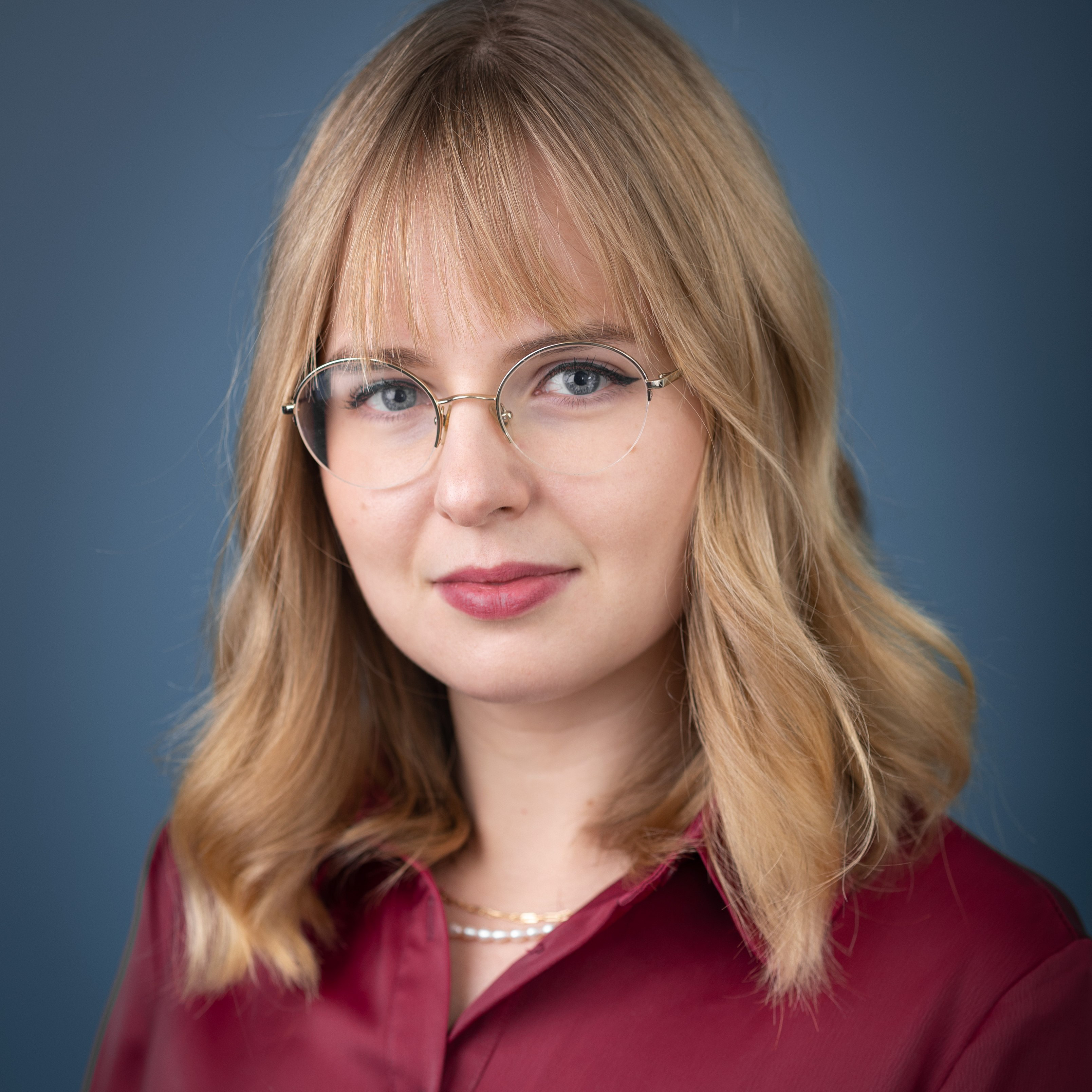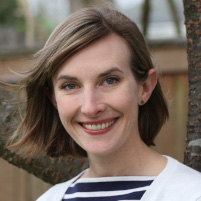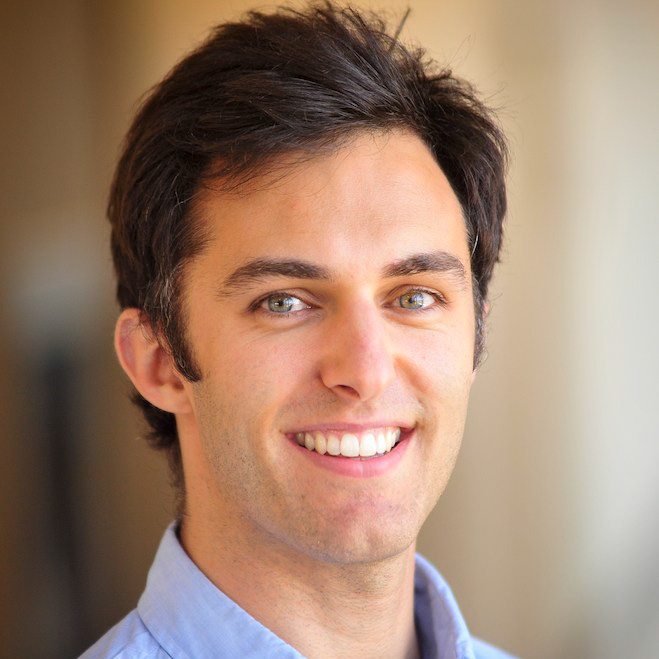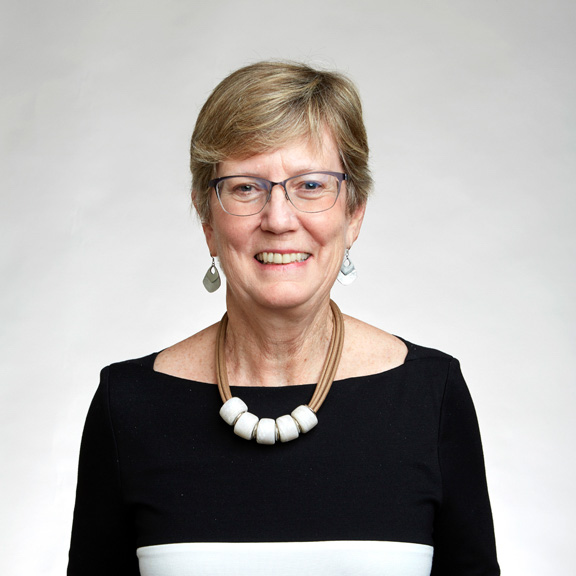Discover Summer Research Opportunities at the University of Toronto
Join us from June 2–13, 2025, for an immersive research experience at the University of Toronto this summer. The Statistical Sciences Research Program (UTSSRP) invites Canada’s top statistics, data sciences, and mathematics undergraduates to engage in a transformative research experience. This program provides a unique blend of theoretical study and practical research, supervised by some of the foremost academics in the field.
 |
 |
 |
| Collaborative Research Experience | Intensive Short Courses | Research Seminars |
| Students will collaborate in teams to tackle either theoretical or applied research projects under our esteemed faculty's guidance and doctoral candidates' mentorship. The program culminates with participants presenting their findings through a lightning talk and a poster session during the final day’s celebratory reception. | Our program includes a series of engaging short courses that delve into both theoretical and applied aspects of statistics, delivered by internationally acclaimed faculty members. These courses are designed to provide intensive, graduate-level instruction in key statistical methodologies and frameworks. | Our summer research program features a series of captivating seminars where faculty members will present their cutting-edge research, providing students with a window into the vibrant scholarly environment at the University of Toronto. These seminars not only highlight current scientific inquiries but also explore the varied career paths that our PhD graduates follow. |
Program Overview
Important Dates:
- Program duration: June 2-13, 2025
- Application deadline: March 21, 2025
Eligibility
To be eligible for the summer school, applicants must:
- Be Canadian citizens or permanent residents.
- Be full-time university students currently in sophomore or junior year (starting 3rd or 4th year in Fall 2025).
- Have an average grade of A- (3.7) or above in mathematics and statistics courses
- Be available to attend the whole two-week event.
- Submit a UTSSRP Application Form
- A CV or resume
- Transcript(s) (unofficial ones are accepted)
- One reference letter from a professor who can comment on your academic and research abilities and potential. The recommendation letter should be sent by the writer directly to communications.statistics@utoronto.ca by March 21, 2025.
- Select up to 3 preferred supervisors for the research project during the program. Note: We do not guarantee that all students will be matched with their preferred supervisors. However, all projects will be fun and valuable for the students’ development.
To be considered, please email communications.statistics@utoronto.ca to receive the upload link to a secure folder.
Your full application must be received by March 21, 2025, at 11:59 pm ET.
Supervisors
Each participant will select a supervisor from a distinguished group of faculty, who will guide their research throughout the program. Below, you will find brief descriptions of our faculty supervisors and their areas of specialization. For more detailed profiles and their complete academic contributions, please visit their profiles on our website.
An expert in spatiotemporal methods, Dr. Franklin focuses on estimating air pollution impacts with precision. Her innovative methods are crucial for environmental health research.
Dr. Pesenti specializes in risk assessment under model uncertainty. Her work ensures robust decision-making in finance and insurance, particularly under uncertain conditions.
Focusing on optimal transport problems, Dr. Wong’s research is at the forefront of mathematics, influencing fields from economics to engineering.
Dr. Volgushev is known for his deep insights into the statistical properties of complex models. His research interests include robust statistics, causal inference, and the foundations of statistical learning.
Dr. Zwiernik specializes in algebraic statistics and its applications to problems in machine learning, focusing particularly on the geometry of statistical models.
Professor Taback, Associate Chair of Undergraduate Studies in Statistics is dedicated to the field of causal inference, teaching students to apply statistical methods to uncover causal relationships in complex datasets.
Professor Tuzhilina tackles the complexities of analyzing high-dimensional data, guiding students through the latest methodologies to handle, visualize, and interpret large datasets. Her courses are designed to equip students with critical skills in data reduction and model selection.
Research Talks and Courses
Explore the frontiers of statistical sciences through research talks by our faculty, who will also lead specialized courses throughout the UTSSRP.
Professor Eaddie’s teaching emphasizes practical applications and innovative thinking in statistical inference. Applying her expertise to unravel complex problems in astrophysics and other data-intensive disciplines.
Professor Rosenthal specializes in Markov chains and Monte Carlo methods, crucial for sophisticated statistical computations and simulations. His courses delve into the theoretical underpinnings and practical implementations that are foundational to modern statistics.
Professor Roy focuses on the dynamics of online learning algorithms, which are pivotal in adapting to evolving data in real-time. His research integrates statistical theory with machine learning to develop resilient and efficient predictive models.
Professor Taback, Associate Chair of Undergraduate Studies in Statistics is dedicated to the field of causal inference, teaching students to apply statistical methods to uncover causal relationships in complex datasets.
Professor Tuzhilina tackles the complexities of analyzing high-dimensional data, guiding students through the latest methodologies to handle, visualize, and interpret large datasets. Her courses are designed to equip students with critical skills in data reduction and model selection.
Prof. Craiu focuses on Bayesian methods, model selection, and the development of computational techniques for complex models with applications in genetics and finance.
Prof. Jaimungal specializes in mathematical finance, particularly stochastic control and machine learning applications in trading and risk management.
Prof. Park develops Bayesian methods for robust statistical models for complex data structures, particularly in social sciences.
Prof. Reid is a leading figure in theoretical statistics, specifically in likelihood inference and the role of statistical methods in scientific research.
Prof. Volgushev works on robust statistical methods, dependency modelling, and their implications in econometrics and environmental statistics.
















